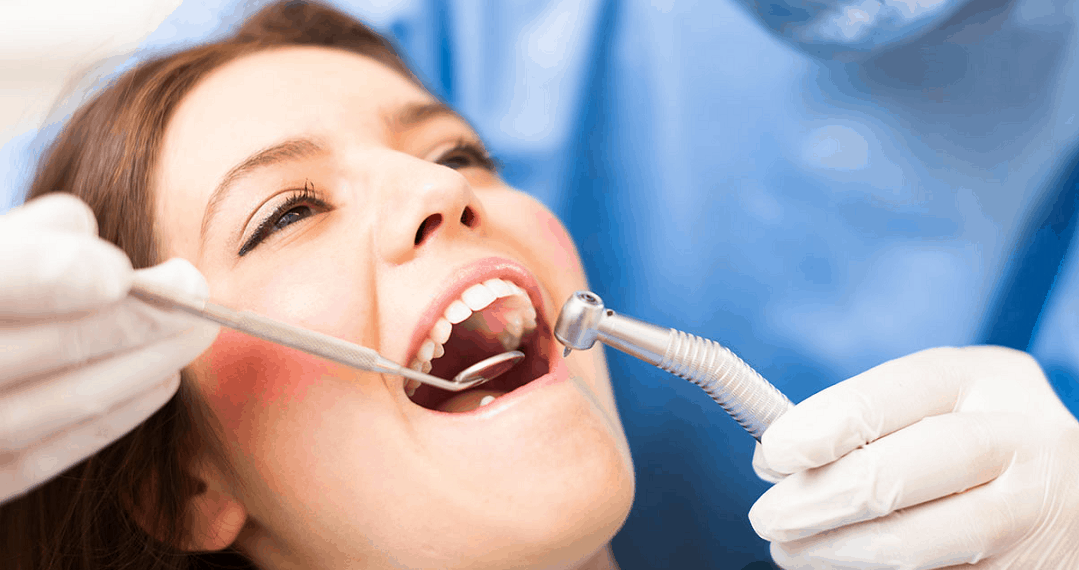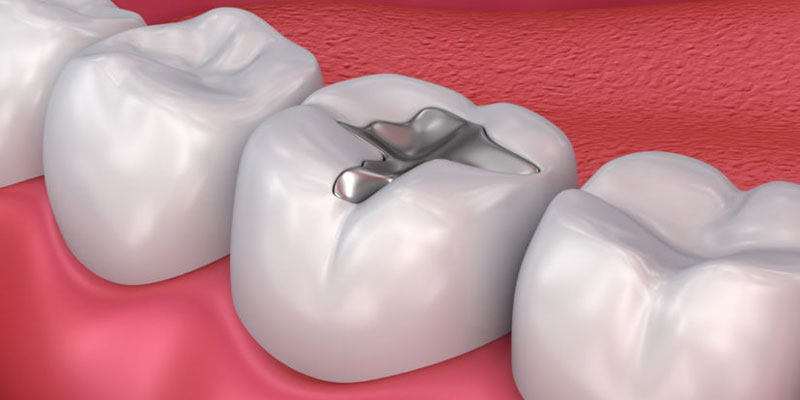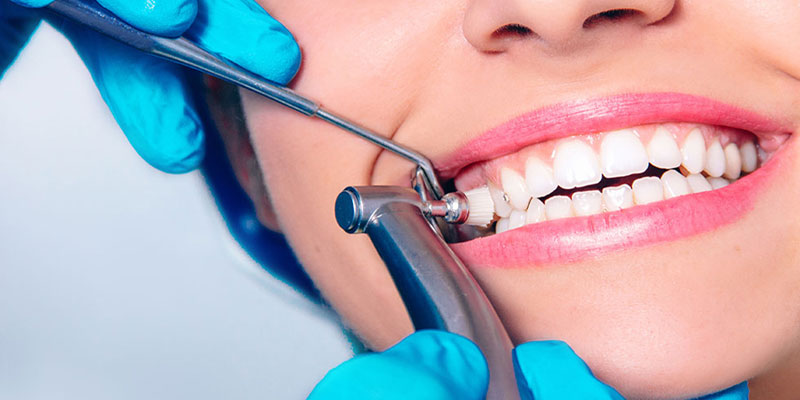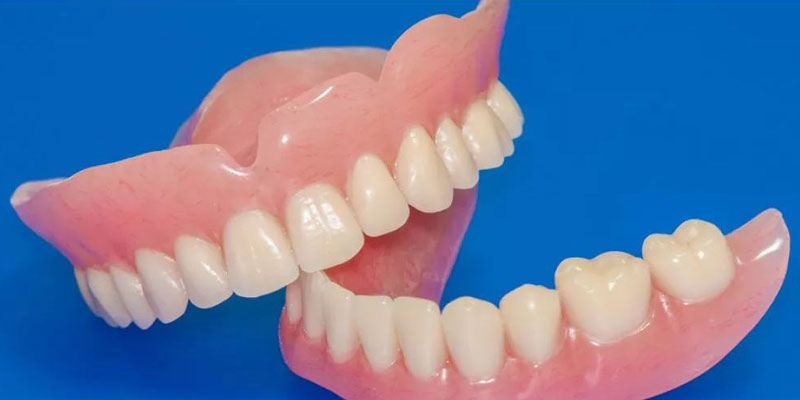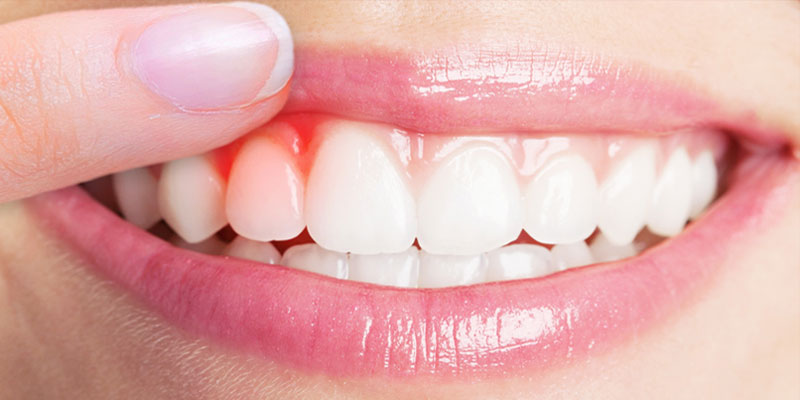
Gum Treatment
Gum disease, also known as periodontal disease, is an infection of the tissues that hold your teeth. If your gums become red, swollen, sore, and bleed, this is called gum disease. It is caused by the buildup of bacteria and plaque on the teeth and gums.
There are two types of gum disease.
1. Gingivitis: This is the mildest form of gum disease. Symptoms may include red, swollen, and bleeding gums, as well as bad breath. This form of gum disease may be cured by good oral hygiene habits.
2. Periodontitis: If Gingivitis is not properly treated, it can progress to periodontitis, which is a more severe form of gum disease. It is a bacterial infection that causes damage to the bone and connective tissue that hold the teeth in place, leading to tooth loss.
Causes of Gum Disease
The main cause of gum disease is bacteria due to poor oral hygiene. Bacteria stay on teeth and cause gum infection. Despite of this some common causes of gum disease are as follows.
- 1. Smoking
- 2. Chewing tobacco
- 3. Diabetes
- 4. Hormonal changes
- 5. Medications
- 6. Consumption of alcohol
- 7. Poor nutrition
- 8. Age
Symptoms of Gum Disease
The symptoms of gum disease can vary depending on the stage of the disease. In the early stages, gum disease may be painless and show only mild symptoms, which can progress to more severe symptoms if left untreated. Some common symptoms of gum disease are as follows.
- 1. Red, swollen, or tender gums: This is an early-stage symptom of gum disease.
- 2. Bleeding gums: As gum disease progresses, the gums may bleed easily, especially when brushing.
- 3. Bad breath: Persistent bad breath that is not relieved by brushing
- 4. Receding gums: In the advanced stages of gum disease, the gums may begin to pull away from the teeth.
- 5. Loose or shifting teeth: As gum disease progresses, the bone and tissue that hold the teeth in place may become damaged, causing the teeth to loosen or shift.
- 6. Pus between the teeth and gums: In advanced cases of gum disease, pus may develop between the teeth and gums.
Gum Treatment
There are many treatments available for gum disease. Your dentist determined treatment as per the severity and condition of the disease. For gum treatment in Delhi, dentists use two approaches.
1. Nonsurgical gum disease treatments
2. Surgical gum disease treatments
Nonsurgical Gum Disease Treatments
Nonsurgical treatment of gums is used for the early stages of gum disease and includes the following.
- Dental prophylaxis
- Scaling and root planning
- Antibiotic therapy
- Laser periodontal therapy
Surgical Gum Disease Treatments
Patients with advanced gum disease require surgical treatment of gum disease. Surgical gum disease treatment includes the following:
- Flap surgery
- Bone grafting
- Gum grafting
- Guided tissue regeneration

